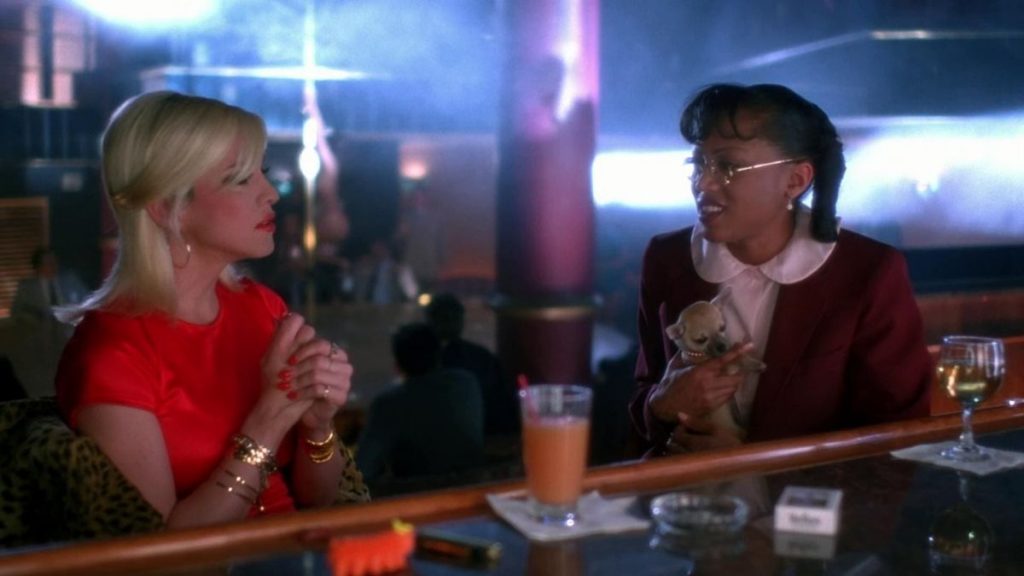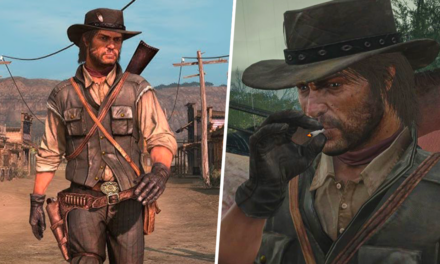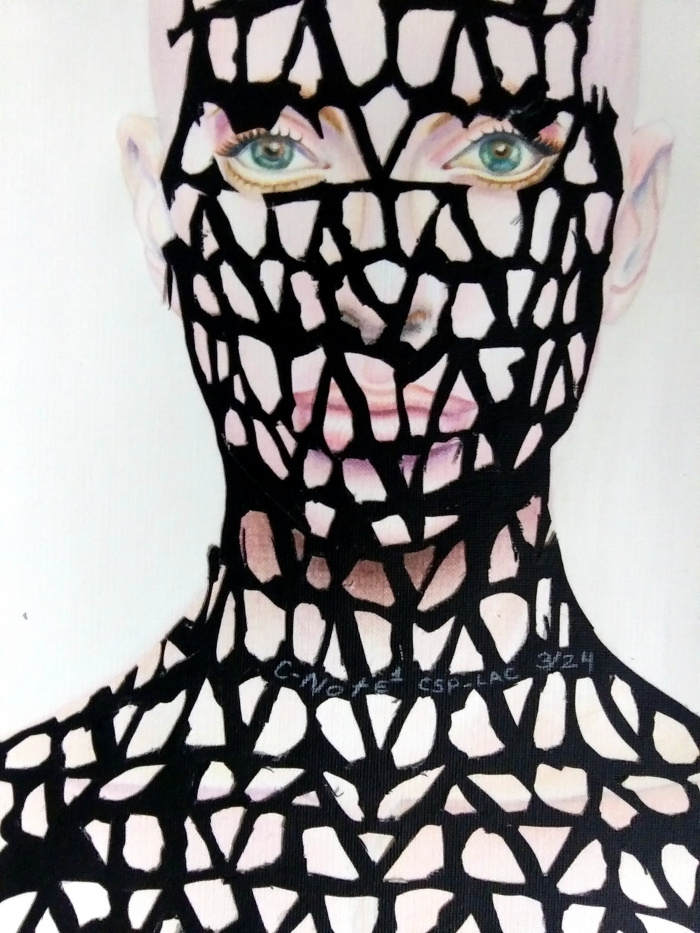
In the ‘90s, before the recent proliferation of OnlyFans and similarly-minded platforms, lonely and undersexed men in society would turn toward premium-rate phone numbers where anonymous women performed elaborate role-play through the landline. Modern viewers with internet-tortured attention spans may struggle to see the appeal in the lack of visuals, but perhaps a revisit of Spike Lee’s criminally underrated 1996 film “Girl 6” can rectify that misconception.
Though not known primarily for his ability to stage alluring sex scenes, Lee has quietly been one of America’s more successfully horned up auteurs since his debut “She’s Gotta Have It.” All of his earlier pictures feature prominent eroticism on screen, but “Girl 6,” in dramatizing the fertile ground of conjuring images through speech, shows Lee presenting the world of fantasy with equal measures of whimsy and caution.
“Girl 6” features Theresa Randle as Judy, an aspiring actress who turns to work as a phone sex operator to make ends meet. The story wrestles with both the morality and the practicality of her newfound vocation, although far less conservatively than one might expect from a Lee film. Much of that is owed to playwright Suzan-Lori Parks who penned the screenplay, the first time in his career that Lee would put someone’s words other than his own on the big screen. One needs only to force themselves through colossally questionable Lee features like “She Hate Me” and “Chi-Raq” to see what an outlier “Girl 6” is with its perspective on gender politics and sex.
“Girl 6” is a thematically complex work that celebrates female agency while painting its intersection with capitalism as a recipe for horror rather than freedom. The very nature of fantasy, the film seems to posit, is one of our most dangerous constructs.
While the moralizing unc voice is present (voiced through Lee himself as Judy’s best friend and landlord no less), “Girl 6” is a thematically complex work that celebrates female agency while painting its intersection with capitalism as a recipe for horror rather than freedom. The very nature of fantasy, the film seems to posit, is one of our most dangerous constructs. Judy moves from one kind of make-believe — wanting to be an actress — to a different kind of dress-up. Lee captures the glee she feels with his usual stylish flair and wall-to-wall Prince tunes.
Throughout the picture, we see literalizations of the fantasy characters Judy creates for her callers, but also incongruous flights of fancy showing her inner world and her aspirations. We might see her become a girl next door for some thirsty customer one moment, then Dorothy Dandridge in “Carmen Jones” the next. But it’s all her, and most importantly, it’s hers. Pointedly, the inciting incident for her even pursuing this comes in the film’s opening scene, an audition for a hotshot director played by Quentin Tarantino who demands she bare her breasts. This experience frames her work as Girl #6 as a reclamation of her body.
It only gets worse when Judy (Theresa Randle) installs a private line at home and starts working for a new boss (Madonna) who indulges her urges to go further down the rabbit hole of sex work.
But as her skills improve and the money grows, transforming into interchangeable dream girls becomes as much an escape for Judy as her fantasies are for her clients. She doesn’t have to engage with her acting career being stuck at the starting line, or revisit her last relationship with a kleptomaniac ex (Isaiah Washington) whose very attraction to her makes her feel limited and small. It’s why she begins to develop an unhealthy connection to “Bob” (Peter Berg), one of her regulars whose niceness and relative normalcy makes her forget that he’s not a real suitor. It only gets worse when she installs a private line at home and starts working for a new boss (Madonna) who indulges her urges to go further down the rabbit hole of sex work.
Ultimately, the film introduces a toxic and terrifying caller (Michael Imperioli) whose threats and targeting snap Judy out of this addictive haze. It’s scary enough to get Judy to leave this chapter behind her and move to LA to go back on auditions, but this time, on her terms and wielding the newfound confidence this excursion brought her. Lee again makes Judy’s inner world literal as she kisses her ex goodbye while various corded phones rain down from the sky, clattering to the concrete and exploding as a definitive end to her former hustle.
These days, those phones are much smaller and fit into pockets and pocketbooks quite easily. The purveyors of those fantasies don’t have to rely on their voices alone when phones come with broadcast-quality camera sensors and the means to project the images they capture all over the globe. The parasocial side of online sex work has made it more lucrative than ever before. But just as it provides a path for the top percentile of workers to own homes and pay down dream lives, the relationship between provider and client, both in crossing the line the way Judy tried to with “Bob” and in fostering malicious intent like with her stalker, have increased a thousandfold.
“Girl 6,” at times, feels like a charming throwback to an era where women could dabble into a specific brand of sex work that allowed them to keep some distance from their “real” lives. And while it proves a fascinating and enrapturing portrait of a woman taking the sex appeal others want to extract from her and wielding it for her own aims, it feels ahead of its time exploring the many pitfalls of that exercise.
“Girl 6” is currently not streaming anywhere and is difficult to find on DVD or Blu-Ray. If you have a copy, it’s on Beyond Video’s ongoing wishlist for rental donations!
This post was originally published on this site be sure to check out more of their content.




